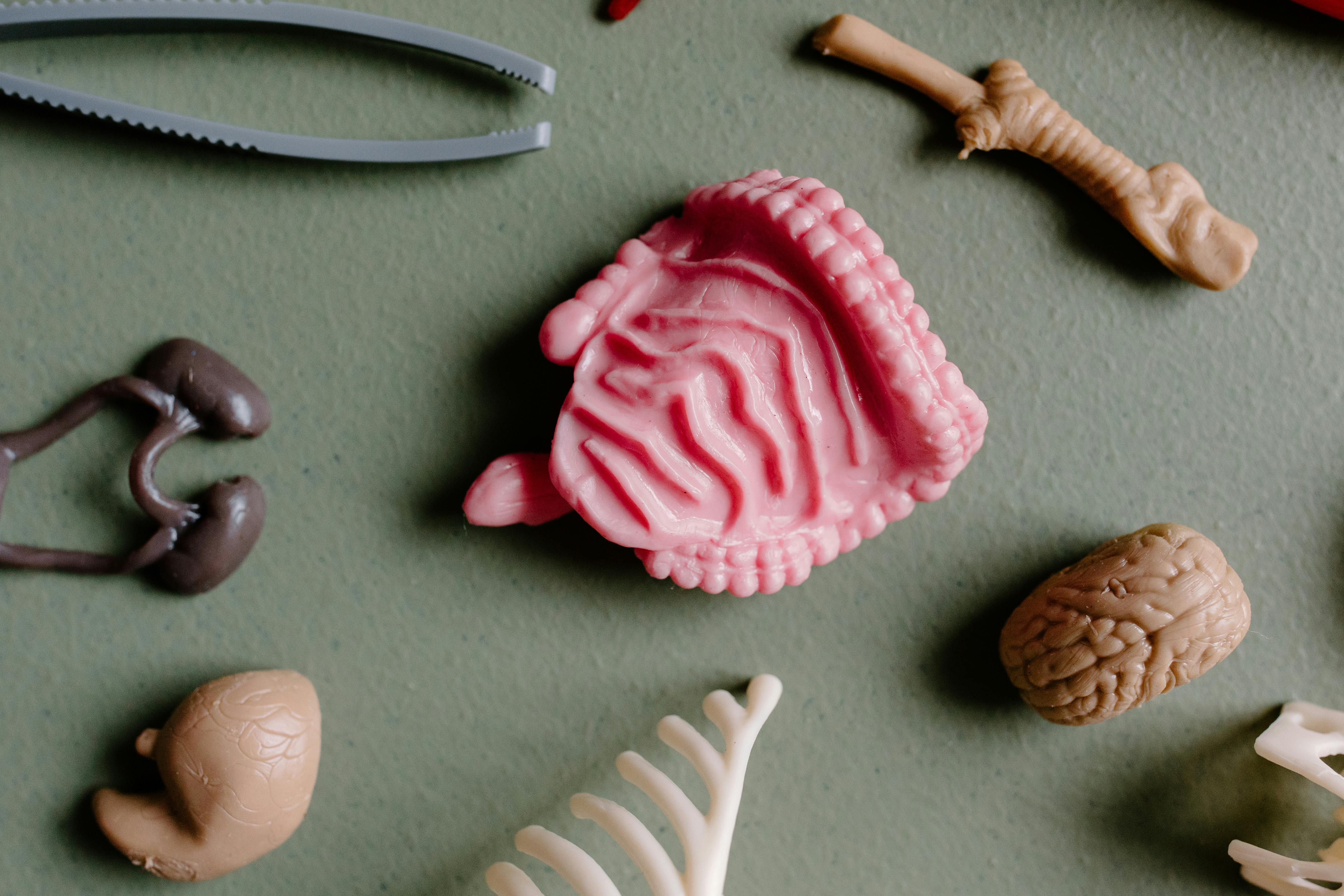Not Just Your Mouth: 6 Unexpected Reasons for Halitosis
Halitosis, more commonly known as bad breath, is a condition that affects millions of people worldwide. While many attribute it to poor dental hygiene or pungent foods, there are lesser-known factors lurking in our daily routines that can contribute to this unpleasant issue. This article delves into six unexpected culprits behind halitosis, revealing how everyday habits might be sabotaging your quest for fresh breath. By understanding these hidden factors, you'll be better equipped to tackle bad breath at its source and maintain a more confident, odor-free presence.
The Deceptive Dangers of Dehydration

Hydration is often overlooked when considering oral health, yet it plays a crucial role in maintaining fresh breath. Saliva acts as a natural cleanser, washing away food particles and bacteria that can cause odors. When you're dehydrated, saliva production decreases, allowing these odor-causing agents to thrive. This is particularly common among individuals who consume high amounts of caffeine or alcohol, both of which are diuretics that can exacerbate dehydration. Ensuring adequate water intake throughout the day can help maintain optimal saliva levels, thereby reducing the risk of halitosis and promoting overall oral health.
The Silent Influence of Stress

Stress is a pervasive element of modern life, and its impact extends far beyond mental health. When under stress, the body can experience a reduction in saliva production, similar to dehydration. This decrease in saliva creates an environment where bacteria can flourish, leading to bad breath. Additionally, stress can cause individuals to neglect their oral hygiene routines, further contributing to the problem. Managing stress through techniques such as meditation, exercise, and adequate rest can help maintain a balanced lifestyle and prevent the stress-induced cycle of halitosis.
The Overlooked Role of Medications

Many medications, particularly those for allergies, hypertension, and depression, list dry mouth as a common side effect. This condition, known as xerostomia, reduces saliva flow and can contribute significantly to bad breath. Patients taking these medications often find themselves battling halitosis despite maintaining good oral hygiene. Consulting with a healthcare provider about alternative medications or solutions, such as artificial saliva products, can alleviate this issue. Being informed about the side effects of medications is crucial in addressing and preventing medication-induced halitosis.
The Unexpected Impact of Dietary Habits

While garlic and onions are well-known for causing bad breath, other dietary habits can also contribute to halitosis. High-protein diets, such as those popularized by ketogenic and Atkins plans, can lead to a state called ketosis. During ketosis, the body breaks down fat for energy, producing ketones that can cause an unpleasant odor on the breath. Additionally, diets lacking in carbohydrates can reduce saliva production, further exacerbating bad breath. Balancing protein intake with carbohydrates and ensuring a varied diet can help mitigate these effects and promote fresher breath.
The Surprising Connection to Gut Health

The health of your gut can have a profound effect on your breath. An imbalance in gut bacteria, known as dysbiosis, can lead to the production of foul-smelling compounds that manifest as bad breath. Conditions such as acid reflux, where stomach acids reach the esophagus and mouth, can also contribute to halitosis. Maintaining a healthy gut through a balanced diet rich in fiber, probiotics, and prebiotics can support a healthy microbiome, reducing the likelihood of bad breath originating from gastrointestinal issues.
The Hidden Consequences of Sleep Habits

Your sleep habits, particularly mouth breathing during sleep, can significantly impact your breath. Breathing through the mouth instead of the nose can dry out oral tissues, reducing saliva flow and allowing bacteria to thrive overnight. This is why many people experience "morning breath." Addressing sleep apnea or nasal congestion through medical intervention or lifestyle changes can promote nasal breathing and reduce the incidence of dry mouth. Establishing a consistent sleep routine and ensuring proper nasal airflow can help maintain fresh breath and improve overall sleep quality.
Taming the Unexpected Triggers of Halitosis

Understanding the unexpected culprits behind halitosis empowers individuals to make informed choices in their daily routines. By addressing factors such as hydration, stress, medication side effects, diet, gut health, and sleep habits, one can significantly reduce the occurrence of bad breath. This comprehensive approach not only enhances oral health but also boosts confidence and social interactions. Armed with this knowledge, you can tackle halitosis from multiple angles, ensuring a fresher, more pleasant breath that supports a healthy lifestyle.